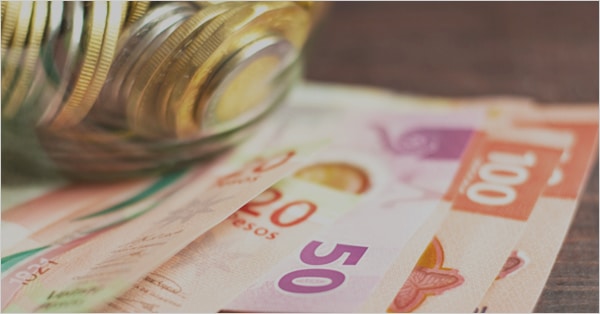
The Inter-American Development Bank (IDB) approved a $150 million conditional credit line to support Uruguay in meeting the targets of its Nationally Determined Contribution (NDC) to the Paris Agreement.
The credit line opens with a first individual operation of US$40 million aimed at consolidating the inclusive and low-carbon energy transition by improving the economic, social and institutional sustainability of the energy sector, promoting investments in sustainable energy services -focusing on electric transportation and energy efficiency-, and reducing the gap in access to electricity services with renewable energy.
In the environmental area, the line of credit will seek to promote the reduction of greenhouse gas emissions through improvements in the efficiency of energy consumption in the different sectors; and in enabling electromobility to replace fossil fuels, on which the transportation sector is highly dependent.
This line of credit will also be used to overcome the social gaps of universal access and disparity in quality of service, through the installation of autonomous renewable energy systems and batteries in distribution networks. Although Uruguay has one of the highest levels of electrification in Latin America and the Caribbean, there are still close to 2,500 households without access to electricity, particularly vulnerable people who tend to use inefficient and polluting fuels such as kerosene and wood.
With this operation, Uruguay’s energy sector will be able to work on overcoming challenges in different dimensions, and thus meet demand in a sustainable manner. It will also promote greater diversity and the inclusion of people with disabilities and women in senior positions. This line of credit, which will be a performance-based loan, will enable the country to position itself to be the first in the region to achieve 100% electrification.






 Stay updated on the latest trends of Green Finance
Stay updated on the latest trends of Green Finance



